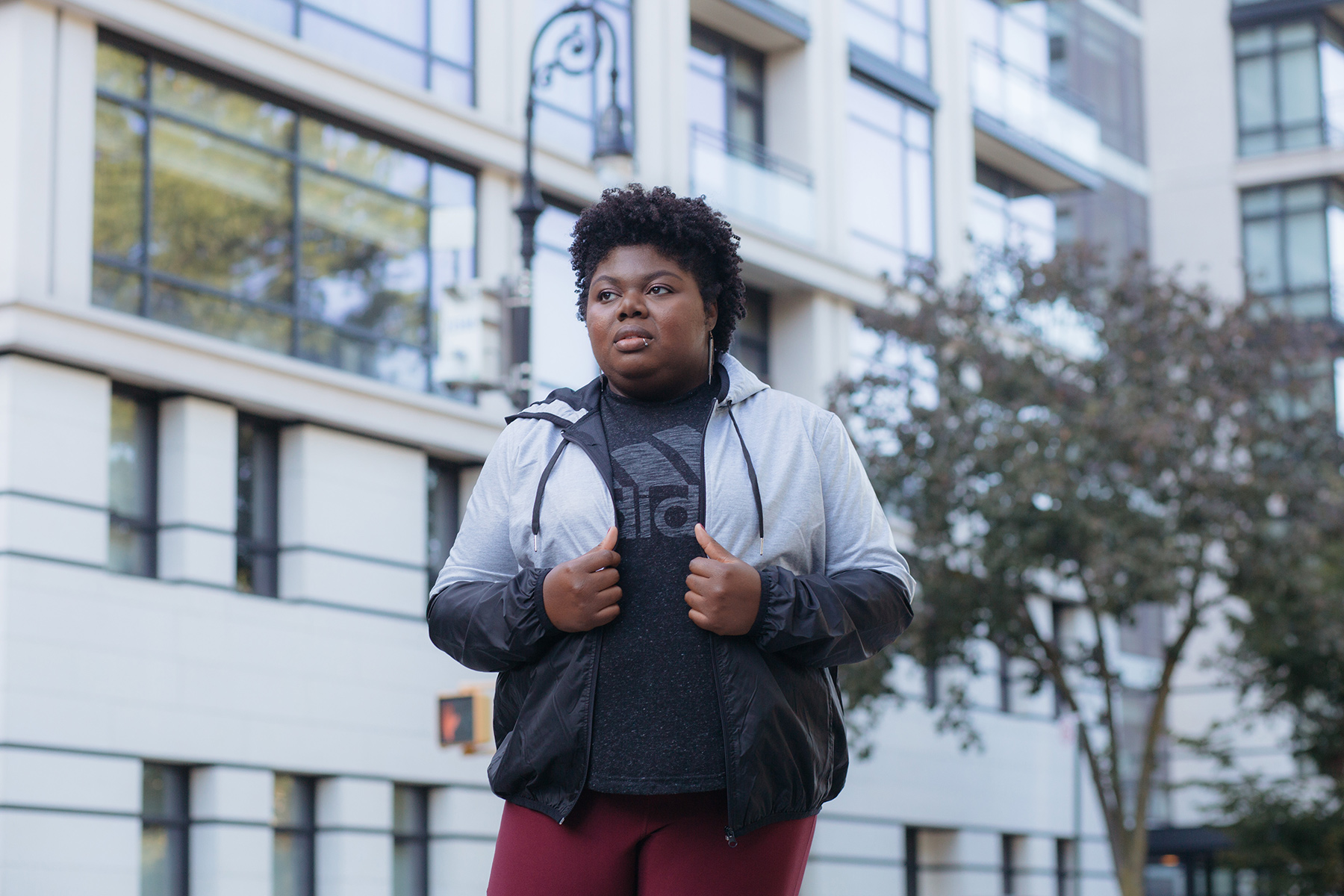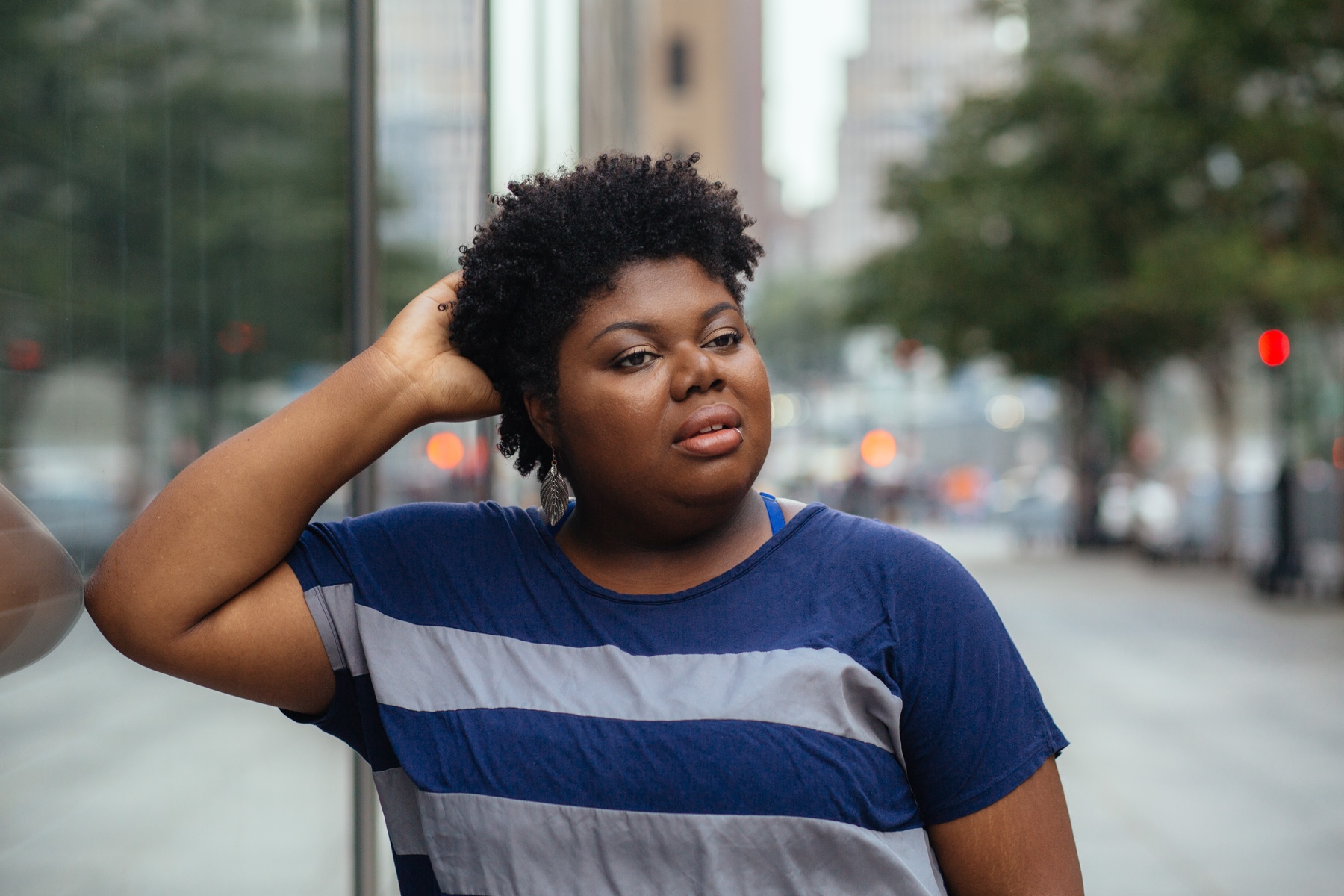“Take the recovery you need, not the recovery you want.” – Robin Arzon
People are always saying the only workouts you regret are the ones you didn’t do. I’m here to say that is false. I mean usually it makes sense: the endorphin rush and feeling of accomplishment you get at the end of a workout put you in a better mood than when you started. But what if your body was telling you not to do it?
A few months ago I went to one of my favorite classes and left feeling broken. I’d considered canceling the day before after a pretty intense physical therapy appointment (and a night of drinking and karaoke), but opted to go anyway—I figured I was just making excuses. But during the ride, my body rebelled. My knees ached, my lungs wheezed, I was exhausted. As I left the studio I could still feel the lingering pain of the soft tissue release from PT the day before, now compounded by fatigue from an intense workout. I felt weak during the ride which made me discouraged and my body was in despair. And worst of all, the part I regret, is that I because didn’t take that day to rest, I was in no condition to do the class I was most looking forward to the next morning. I waited too long to listen to my body.
I’ll sleep when I’m dead
Historically, resting has not been my strong suit. I spent most of my teen years running from one activity to another: always taking on more AP classes, joining more clubs, playing more sports. Every time my mom took me to the doctor (any doctor, regardless of specialty) she would voice her concerns about how little I was sleeping. She would encourage me to do less—to give up one of the classes or do fewer activities so I wouldn’t burnout. She would collude with my teachers and guidance counselor to convince me to do less. But I was not interested in slowing down—I figured I’d sleep when I was dead. There were so many things I wanted to do and I was determined to do them all, even if it meant being a little tired sometimes (read: very tired always).
My freshman year of college, a family friend told me to listen to my body and I’m pretty sure I looked at him like he was speaking another language. “What does that mean?” I wondered. I couldn’t even begin to understand because I all but ignored my body. I didn’t see what it had to do with anything. I was so hyperfocused on my academic and career aspirations that it rarely even occured to me that I had a body. Who even needed one? If anything I saw my body as a liability, not the source of any wisdom or virtue. The problem with that was it meant I wouldn’t acknowledge my ailments until they became too severe to ignore. Instead of taking care of myself when I was sick, I’d pop some DayQuil and pull an all nighter to finish a project before dragging myself to class the next day. From middle school on, that was what I thought I was supposed to do and that to do otherwise was a sign of weakness. My biggest fear was getting tired and having to stop.
I’m not sure if it’s because I’m starting to feel older, but recently that friend’s advice has started to make sense. I’m realizing that pushing myself to the limit at all times is impossible. These days when I try to work at full throttle for more than a week at a time, I find myself so exhausted by Friday night that I’m ready to lie in bed for the rest of my life. (THE REST OF MY LIFE!) Now I’ve started to wonder what I have to gain by vacillating between those two extremes. Is that really better than slowing down and taking the time to rest/recover when I need to?
Take the recovery you need
One of my favorite spin instructors Robin Arzon often says “take the recovery you need, not the recovery you want.” In class, I know she’s implying that your body might not need to recover from an effort for quite as long as you think, but I also think of it the other way: sometimes the recovery you need is actually more than you want to take. And I’ve come around to the idea that making the decision to rest in those moments is brave. There’s this ethos in fitness (especially “fitspiration” posts online) that you have to go hard every single day, so doing otherwise—and knowing you’re a badass because of it—takes some inner strength. Often it’s easier to be guided by some unattributed viral quote on the internet than to ask yourself what you really need.
I think what’s missing from fitspiration culture is the fact that your body actually needs time to recover in order to get stronger. There’s a reason why people take rest days during training or taper their runs a few weeks before running a marathon: so that they will be at their strongest when it counts. But especially for people who are not training at a high level, trying to go pedal to the metal every single day is a surefire way to burnout and never want to workout again. (See also: every time I’ve tried running and flamed out after one day). The question for me now is whether I want to do something sustainable or if I just want to say I went hard for a day or two.
My teen self didn’t see the point in resting because I was only focused on getting through one day at a time. I thought slowing down even for a moment would ruin everything, but now I realize that pausing for one day out of a whole lifetime is not going to undo all of my hard work. In fact, if taking a break means I can come back stronger the next day, why not do what I can make all the succeeding days better?

Listening to your body is not an excuse
Recently I was signed up for a class that I was really excited about, but woke up to a scratchy throat, feeling depleted. I was coming down with a cold. I was sad about it, but forced myself call the studio to cancel my bike. Instead of pushing myself to go, I got up and made myself some oatmeal with mixed berry compote. It was a weekday, but I was feeling extra. I figured if I couldn’t have the day I wanted I would at least go above and beyond to take care of my body in the way that it needed in that moment.
At the time I was disappointed, but looking back I’m proud of myself for listening to my body. It can be hard to accept that how my body feels and what it needs changes from day to day—and that doesn’t always match up with my plans. The question I ask myself is this: Will what I’m about to do make me feel better or worse? If it will make me feel better, I do it. If it will make me feel worse, I’ll change my plans and try again tomorrow. There are pretty much infinite excuses to skip going to the gym, but I have to remind myself that taking the recovery my body needs is not one of them.



